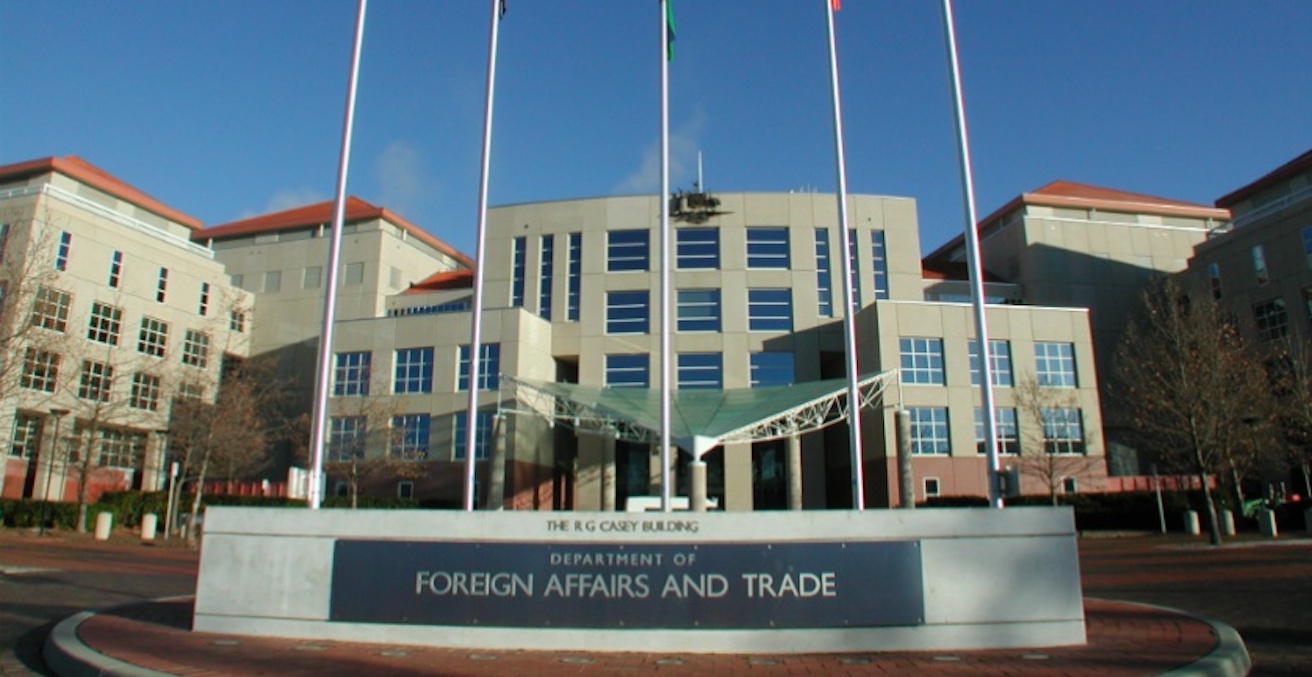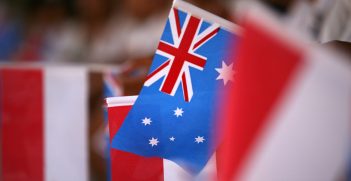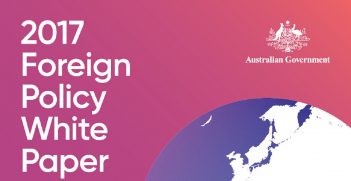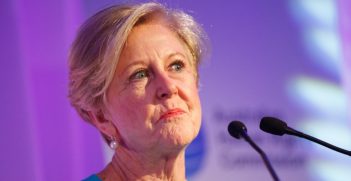Australia's Diplomats are Reliable in a Volatile World

Contrary to recent claims that the Department of Foreign Affairs and Trade has become left-leaning and bureaucratic, DFAT serves the national interest in a way with which most Australians can be justly satisfied, and sometimes proud.
I worked for 40 years in the Department of Foreign Affairs and Trade (DFAT), and have kept in touch with it since, but on reading Mark Higgie’s piece in The Australian last weekend about DFAT’s leftist tendencies—“Ill-served by left-leaning diplomats”—I did not recognise the place.
Interesting, because for two years when I was chief of staff to a Coalition foreign minister, Andrew Peacock, officials generally busted their guts to give Peacock and Malcolm Fraser advice consistent with government policy, and this was right after the alleged inundation of DFAT by “Whitlam thought”.
Interesting, also, because when I was posted on three occasions to our embassy in Washington, including as ambassador in the 1990s, our officers spent time persuading Canberra of good American arguments as well as acting as Australian advocates to Americans. This is a far cry from what Higgie terms our diplomats’ “alleged dream of Australia less aligned with the United States”.
Of course, times change. There is questioning not of the fact of the ANZUS alliance but about what the alliance should mean, and how it should be shaped, when all Australians know the world is changing.
There are other places to get into that issue but one question should be posed here: what faith could Australians have in their system if officials, journalists, academics and others in the foreign policy community simply behaved as if the world were the same? Or if these people sought to avoid facing the damage being done to the liberal international order by several countries: China and Russia, to be sure, but also by the US, which created that order? If these issues were not profoundly considered in DFAT, Australians indeed would have cause to wonder about our foreign policy.
Moreover, contrary to Higgie’s arguments, Australia’s serious involvement in the UN makes sense. Last time I asked, we still had an interest in world health, agriculture, oceans, climate and commerce.
The UN also has been crucial to our security. There have been three international security issues since 1945 in which Australia has taken the lead: Cambodia, East Timor and the Solomons. The resolution of the first two issues would not have been possible without the UN Security Council and the solution to the third without the involvement of the UN secretary-general. And this is apart from the UN’s role in international peacekeeping operations or in seeking to keep the lid on the nuclear cauldron.
There were two aspects of Higgie’s article to which many DFAT officers would take particular exception.
First is the intimation that DFAT is a bunch of fops. This is a tad irritating to one who, with many DFAT colleagues, was present on the ground in various chapters of the Vietnam wars (in Laos in the 1960s-70s, Vietnam in the 80s and Cambodia in the 90s); who served—again, with other DFAT colleagues—in Lebanon, Syria and Iraq at difficult times; and who, with friends from many departments in the Jakarta embassy and Dili consulate, including then brigadier Jim Molan, assumed consular responsibilities in Dili for people from more than 20 nations during the Timor crisis.
My successor ambassadors and their colleagues in Jakarta had to contend with two Bali bombings, the bombing of our embassy and two hotel attacks targeting Australian business people and officials. Countless officers in DFAT in the past half-century have been in operations to safeguard Australian citizens in earthquakes, tsunamis and other natural disasters.
A second problem with Higgie’s piece is his suggestion that DFAT is in fact “left”. Of DFAT officers who went into politics in my time with the organisation, my memory is two became Liberals and two Labor. Most officers just want sensible workable policies and to get on with the job. They accept politics as a fact of life, not as the force driving them. That force is the national interest.
A few are lefties. Some are conservative. Most are in the middle somewhere. Five I know in the past couple of decades became secretaries of defence. Many at the top of the intelligence community—not the soft side of politics—spent their early careers in DFAT.
Higgie has a few anecdotes to show what trendy, politically correct, vegan or pro-Islamist types DFAT officers are. Some may be. As Australians they have that right. Most aren’t—at least not the ones I’ve met, and I’ve met a lot.
Higgie also gives DFAT’s bureaucratic machine a drubbing. Higgie and I could think almost alike. But then talk to an army major or a naval commander about their organisations—or to members of big corporations—about how the latter do things. Bureaucracies are no fun.
DFAT has faults and makes mistakes, but it serves the national interest in a way with which most Australians can be justly satisfied, and sometimes proud, most of the time. That’s a good batting average.
John McCarthy is a former ambassador to the US, Indonesia, Japan, Vietnam, Thailand and Mexico and a former high commissioner to India. He is a fellow and former national president of the Australian Institute of International Affairs.
This article was originally published on The Australian. It is republished with permission.





